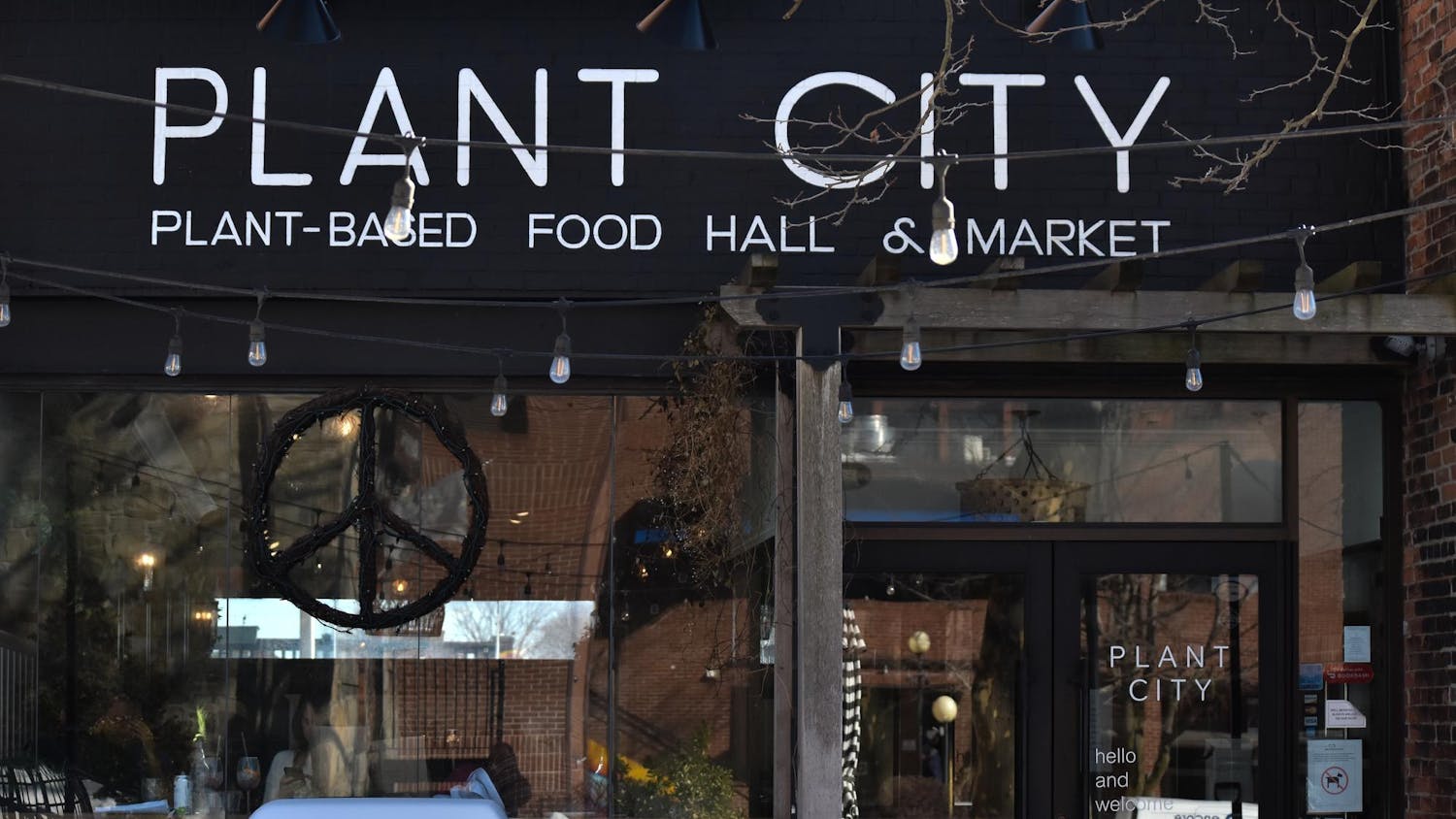A bill was introduced last week in the Rhode Island House of Representatives that would prevent employers in the service industry from taking a cut of their employees' tips. The bill is sponsored by Rep. Christopher Blazejewski, D-Providence and East Providence, and has also gained the support of a local YouTube celebrity, Joey "Quits" DeFrancesco.
Under the terms of the bill, employers who take their employees' tips would face a misdemeanor charge punishable by a fine of up to $1,000 or 60 days in prison and possibly both. Staff would also be able to file lawsuits against their employers to reclaim tips they believe were withheld from them.
Blazejewski said he introduced the bill after he heard complaints from several constituents who worked in the service industry. "Anyone who has ever worked a service job knows how hard and demanding and long those hours are," he said. "In this tough economy, I think employers are looking for ways to increase their profit margins, and unfortunately it's coming at the expense of their workers, who have no choice but to put up with what seems to me really unreasonable."
The bill would also prevent employers from requiring service staff to participate in tip pools involving other employees who do not earn tips, though pools formed strictly among service staff would be permissible. Employers who charge formal gratuity fees would be required to remit those fees entirely to their staff or inform their patrons that the fee is not a tip or service charge.
"The patron has a reasonable expectation that the tip, which they pay to their waiter or waitress, goes to them," Blazejewski said. "Especially if they are making less than minimum wage, they are relying on tips to get by."
DeFranceso, a local viral video star, is publicly backing the bill. He became famous for a video called "Joey Quits," in which he dramatically quit his job at the Renaissance Providence Hotel downtown, accompanied by a full brass band. It has now been viewed more than three million times.
DeFrancesco said he was moved to make the video by the terrible way he and his co-workers were being treated by the hotel where he had worked for three and a half years. He said the hotel charged customers a service charge as well as an additional fixed gratuity fee. But the hotel took some of the service charge, while his immediate supervisors took half of what was left of the service charge as well as half of the gratuity. "They were skimming off a good amount of our tips," he said. "It was a big issue the entire time I worked there."
DeFrancesco said he had previously filed a lawsuit with the Rhode Island Department of Labor and Training, only to discover that what his employers were doing was entirely legal. "All (the Labor Department) was investigating was whether I was making minimum wage after they had stolen the tips," he said. "They told me as long as the tips you make put you over minimum wage, they can steal as much as they want."
Motivated by the success of his video, DeFrancesco got in touch with Blazejewski. He said he worked with the representative to draft the bill, which they based on a similar Massachusetts law. "Massachusetts is our neighbor, and oftentimes they are the ones we are competing with," said Blazejewski. "So it makes sense that we match their statute on this."
California and New York are the only other states with tipping fraud laws. California's law contains an additional provision that bans the practice of counting tips toward minimum wage, meaning that all employees must earn minimum wage, even if they also earn tips. DeFrancesco said he didn't think including the California provision in the Rhode Island law would be feasible. "The bill would get attacked too viciously as being bad for business," he said.
Simon Mallouk, the owner of a Thayer Street restaurant, said he had no problem with the bill. He said the employees at his restaurant were paid $2.89 an hour, but kept all of the tips they earned. He said his restaurant also charged parties over six people an 18 percent gratuity fee, but that the fee went entirely to the staff who served the party.
The owner said he was glad the California provision had not been included. "That's what they do in California? That's too much," he said. "I would go work as a waiter after that."
Blazejewski said he was hopeful that the bill, which is currently being held for further study by the House Labor Committee, will be passed sometime before June.




